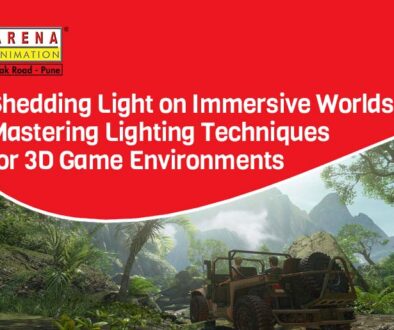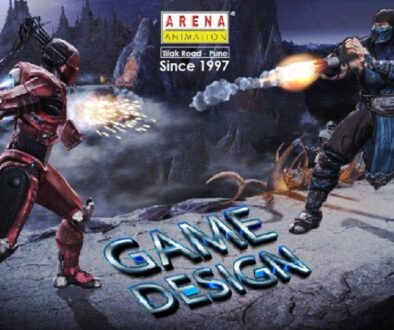Game design & Game development:
The world of video games is a captivating realm where technology and creativity seamlessly converge. Behind every successful game lies a meticulously crafted process, encompassing two distinct yet interconnected domains: game design and game development. While these terms are often used interchangeably, it’s crucial to recognize their unique roles and contributions. In this blog article, we’ll delve into the disparities between game design and game development, highlighting their respective emphases and the pivotal roles they play in shaping immersive gaming experiences.
Game Design:
Every game is designed from the ground up using
game design. It includes all of the intellectual and artistic components of game production. The builders of virtual worlds are the
game designers, who are in charge of defining the gameplay, mechanics, rules, and overall player experience. Their main goal is to provide challenging and engrossing gameplay that captures players’ attention.
a) Conceptualization:
The main concepts, themes, and objectives of the game are imagined by game designers as they brainstorm and conceptualize ideas. They specify the story, the players, and the gaming universe.
b) Mechanics and Gameplay:
Combat, puzzles, level design, and growth are just a few of the gaming systems and elements that designers concentrate on designing. To create a satisfying experience, they strike a balance between challenge, tempo, and player participation.
c) User Experience:
The travels and feelings of the player are taken into account by game creators. They influence all aspects of the user experience, including as interface design, controls, and feedback systems.
Game Development:
The ideas of game designers are realized through game creation. It entails the game design’s technological implementation and execution. The masterminds behind the coding, programming, and integration of many elements needed to turn an idea into a playable game are game developers.
a) Programming:
The code that specifies how the game operates is written by developers. The logic, behavior, and functionality of the game are created using computer languages and frameworks.
b) Art and Assets Integration:
The process of creating a video game requires including visual components such 2D/3D models, animations, textures, and sound effects. To ensure that these materials are seamlessly included, developers work with artists.
c) Game Engine and Tools:
The game’s foundation is constructed by developers using gaming engines and development tools. They manage physics, use audio, improve performance, and promote interactivity.
Conclusion:
Game design and game development are two distinct yet interconnected fields that collectively shape the gaming experience. Game development focuses on technical implementation, while game design revolves around creativity and intellect. Both disciplines are essential for crafting engaging, realistic, and enjoyable games, relying on close collaboration.
Understanding the distinctions between
game design and game development clarifies the roles and responsibilities in game creation. Recognizing the unique contributions of each discipline is crucial for building a successful career in the dynamic and ever-evolving game development industry, whether your aim is to become a
game designer or developer.
Arena Animation Tilak Road Pune
Arena Animation Tilak Road is one of India’s leading animation institutes. In Pune, the institute provides a wide range of animation-related courses such as VFX, Gaming, UI/UX & Other Programs. Arena Animation Tilak Road has a legacy of 26 years in the training and education domain, with thousands of students enrolled in various career-oriented courses.
Some of the popular courses at the institute include VFX Courses,
Animation Courses,
Game Design,
Graphics,
UI UX, and other
short-term courses. Our job-oriented courses enable students to be placed in top companies through placement drives.
Arena’s VFX course in Pune is one of the most recent and in-demand courses. Arena Animation offers several
VFX Courses in Pune, including VFX Film Making and VFX Prime. Following the completion of the course, 100%
placement assistance is provided.



